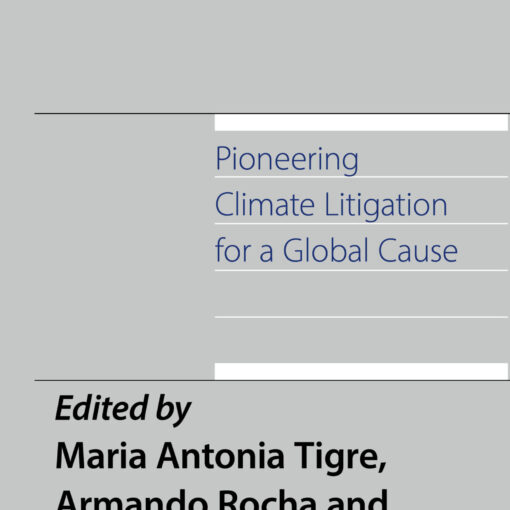By Allie Bollman, Summer Intern
Numerous environmental groups, represented by attorneys from Earthjustice, have filed a lawsuit against the Export-Import Bank over the Bank’s approval of a $90 million loan guarantee in support of Xcoal’s mining, transport, and export of coal without preparing an environmental impact statement. The lawsuit, filed July 31, argues that the loan guarantee should be declared void, as the Bank’s failure to consider health and environmental impacts before approving the loan violates the National Environmental Policy Act (NEPA).
The lawsuit focuses specifically on the environmental impacts within the United States, stating that, “Xcoal’s federally-funded coal export activities involve brokering sales of coal from mines in Appalachia; transporting coal by rail from those mines to export facilities in Baltimore and Hampton Roads; unloading, storing, and loading coal onto ships at the ports; and shipping coal from these port terminals to its customers’ port facilities. Each step of this export process causes numerous adverse effects on human health and the environment.” The complaint does not mention the end-use of the coal or any emissions that it will generate offshore.
In 2002, Friends of the Earth, one of the environmental groups involved in this current lawsuit, sued the Overseas Private Investment Corporation and the Export-Import Bank for failing to consider the environmental impacts caused by carbon dioxide emissions from projects they fund and assist abroad, as those projects “will result in the annual emission of billions of tons of greenhouse gases (primarily, carbon dioxide) – emissions equivalent to almost two-thirds of U.S. annual domestic carbon dioxide emissions.” In that case, the Plaintiffs argued that while the fossil fuels may be burned abroad, the emissions will impact the Unites States regardless. The settlement in 2009 required the Export-Import bank to take carbon dioxide emissions into account when evaluating fossil fuel projects, established a goal of reducing greenhouse gases by 20% over the next 10 years for OPIC, and included a commitment by both agencies to increase financing for renewable energy projects.
It’s interesting to note the profound difference between these two lawsuits- while the earlier case focused on assistance that led to emissions abroad, the current lawsuit focuses entirely on impacts of coal production and transport within the United States, without any mention of the effects of an estimated $1 billion worth of coal being consumed in China, Japan, and South Korea.




